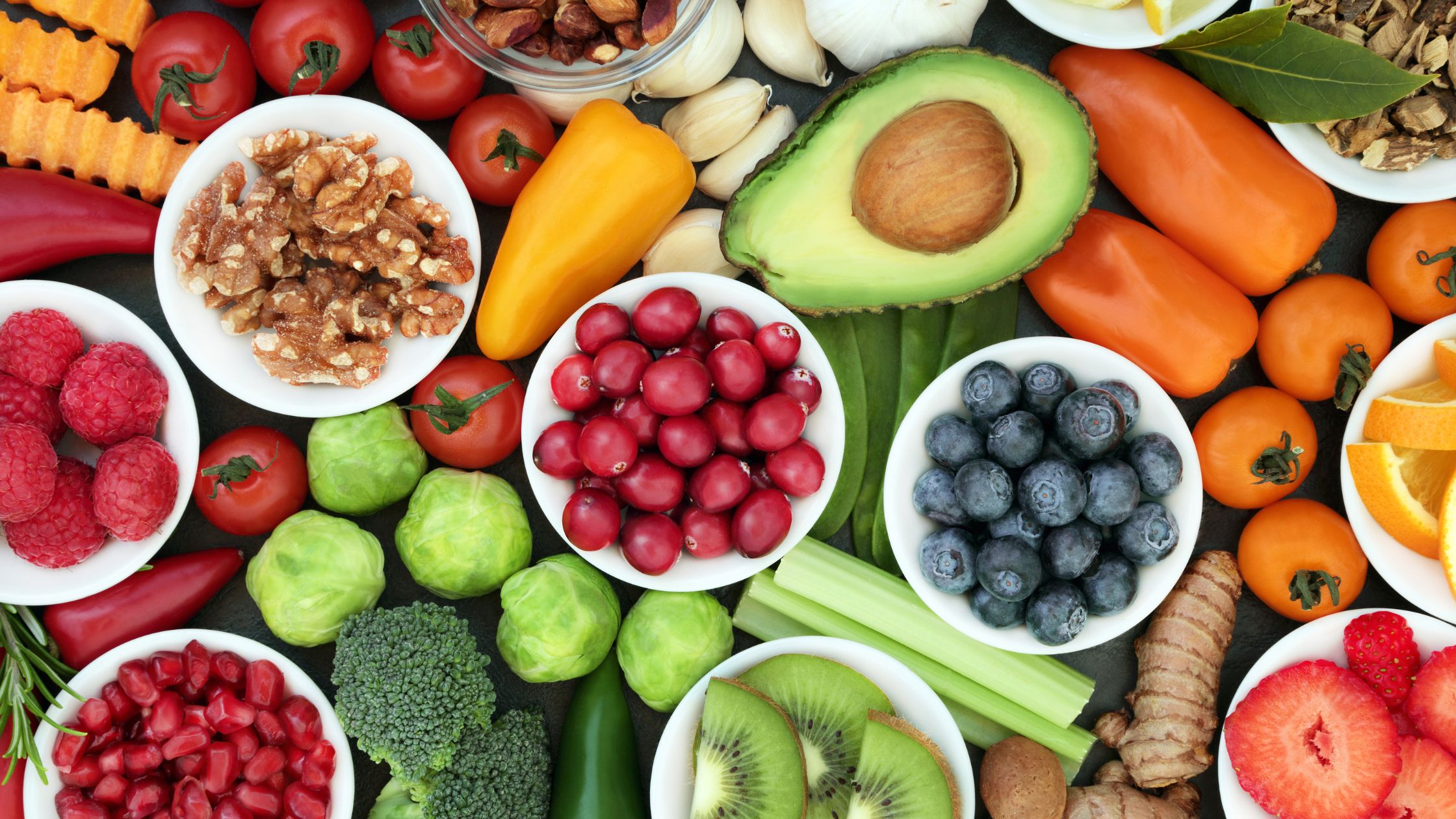
30 Nov Food Is Medicine
Food is an integral part of our lives. We need it to survive, to nourish our bodies, and to fuel our daily activities. But what if I told you that food is not just a source of sustenance, but also a powerful form of medicine? The idea that food has the power to heal and prevent various health conditions is not a new concept. In fact, it dates back centuries and is rooted in ancient medicine practices. Today, this concept is gaining traction once again, as more and more people are realizing the potential of food as medicine.
The “food is medicine” concept is based on the idea that the nutrients and compounds found in food can have a profound impact on our health. By consuming a diet rich in whole, unprocessed foods, we can provide our bodies with the essential nutrients it needs to function optimally and prevent disease. This approach focuses on using food as a preventive measure, promoting overall wellness and longevity.
One of the key aspects of the “food is medicine” concept is the idea that different foods have specific health benefits. For example, fruits and vegetables are rich in vitamins, minerals, and antioxidants that can boost our immune system and protect against chronic diseases, such as heart disease and cancer. On the other hand, certain herbs and spices, like turmeric and ginger, have anti-inflammatory properties that can reduce pain and inflammation in the body. By understanding the specific health benefits of different foods, we can tailor our diet to address our individual health concerns.
The benefits of adopting a “food is medicine” approach go beyond preventing chronic diseases. Proper nutrition can also play a crucial role in managing existing health conditions. For example, individuals with diabetes can benefit from incorporating a variety of low-glycemic foods into their diet to help stabilize blood sugar levels. Similarly, individuals with high blood pressure can benefit from including foods rich in potassium, such as bananas and leafy greens, to help regulate blood pressure.
In addition to specific nutrients and compounds found in food, the “food is medicine” concept also places importance on the overall quality and composition of our diet. It emphasizes the consumption of whole, unprocessed foods, while minimizing the intake of refined sugars, unhealthy fats, and artificial additives. By adopting a whole food, plant-based diet, we can maximize the nutritional content of our food and reduce our risk of developing chronic diseases.
But the “food is medicine” concept goes beyond just the nutrients found in our food. It also takes into consideration the way we prepare and consume our meals. For example, cooking methods can affect the nutrient content of our food. Steaming or stir-frying vegetables, for instance, can help retain more nutrients than boiling them. Moreover, mindful eating practices, such as eating slowly and savoring each bite, can help improve digestion and nutrient absorption.
The “food is medicine” concept is not just about individual health, but also about the health of our planet. By choosing sustainable and ethically sourced foods, we can support a more environmentally friendly food system. This means opting for organic produce, supporting local farmers, and reducing our meat consumption. By making small changes in our diet, we can contribute to a healthier planet for future generations.
Implementing the “food is medicine” concept in our daily lives may seem overwhelming at first. It requires a shift in mindset and a willingness to change our eating habits. However, the benefits far outweigh the challenges. By nourishing our bodies with whole, unprocessed foods, we can experience increased energy, improved digestion, and better overall health. Moreover, by taking control of our diet, we can empower ourselves to make informed choices about our health and well-being.
In conclusion, the concept of “food is medicine” is a powerful reminder of the role that nutrition plays in our health. By prioritizing whole, unprocessed foods and understanding the specific health benefits of different foods, we can harness the power of food to prevent disease, manage existing conditions, and promote overall wellness. So, the next time you sit down for a meal, remember that you are not just eating to satisfy hunger, but also to nourish your body and support your health.

